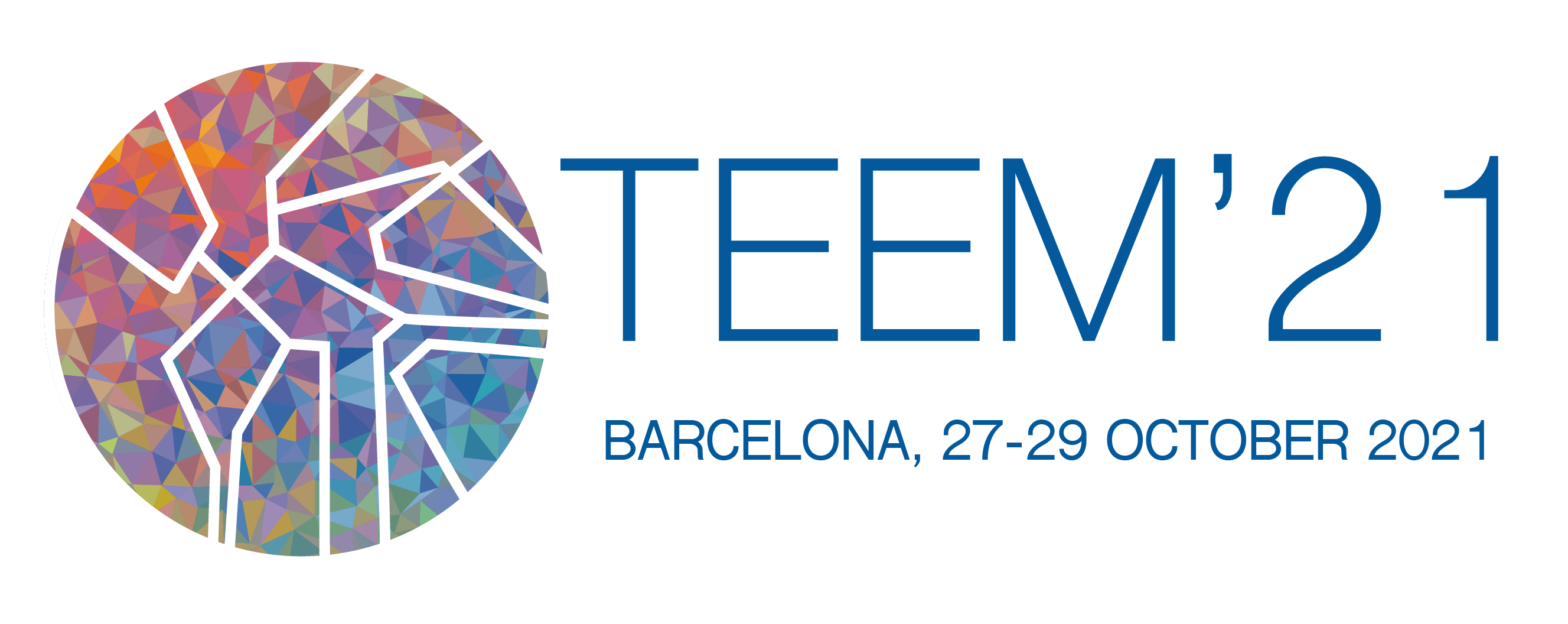Presentation
The value of experimentation to Science (and Engineering) is traceable to the 17th century, as evidenced by the motto of the Royal Society: “Nullius in verba”. As stated in [1]:
“The Royal Society’s motto ‘Nullius in verba’ is taken to mean ‘take nobody’s word for it’. It is an expression of the determination of Fellows to withstand the domination of authority and to verify all statements by an appeal to facts determined by experiment.”
In Science and Engineering, lab-based classes play an important role by allowing students to acquire experimental skills, as part of their training. This vital role is evidenced by a seminal paper authored by Feisel and Rosa (2005), which proposes a list of 13 fundamental objectives of laboratories in undergraduate engineering degrees [2]. This same paper also addresses the potential value of combining different lab environments, like remote and virtual labs.
This track aims to attract and discuss relevant contributions to the theme of Lab-based Education in Science and Engineering. Potential contributions should place the lab, or any experimental-based activities, as the “scenario” where students acquire/improve experimental skills, effectively supported by evidence. In other words, any claim(s) should be ‘verifiable by an appeal to facts determined by experiment’.
[1] History of the Royal Society. https://royalsociety.org/about-us/history/. Accessed January 28th, 2021.
[2] Feisel, L. D. and Rosa, A. J. 2005. The role of the laboratory in undergraduate engineering education. J. Eng. Education, 121–130.
Topics
- Experimental Skills
- The role of the laboratory in STEM Education
- Hands-on, virtual and remote labs
- Lab-based teaching strategies
Track Instructions and Program (Thursday 28th, F2F-Hybrid, 11.30-13.30, local time, SALA DE GRAUS, floor 1)
The track will be conducted as an hybrid approach, with papers being presented online or face-to-face, upon authors’ choice. Both F2F or virtual should consider 10 min/5 min presentation/disussion. Virtual presentations must prepare a 5 min video of your presentation and send it to the chairs: mmr@isep.ipp.pt
The order of the presentations will be:
- ID 13: Remote Laboratory for Activating Lecture Hall Teaching and Distance Learning
- ID 100: Use of Tinkercad platform for Teaching Electronics Subject in Post-Secondary Technical Courses
- ID 42: Project Based Learning and Promotion of Scientific-Technical Vocations. The SUR project: construction of a solar vehicle in secondary schools.
- ID 82: Sustainable Food Production Through Vermicomposting – An EPS@ISEP 2021 Project
- ID 75: Development Laboratory in Higher Education with High Ability and / or High Performance students
- ID 43: Use of Hands-on and Remote Lab with an Inquiry-Based Approach to Learn Statistics in Engineering
- ID 99: How do electronic engineering students experiment with remote labs?
- ID 131: Role of Remote Laboratories on STEM Education and the Digital Economy: An overview for Brazil in the 2020’s
Track Scientific Committee
Gustavo Ribeiro Alves (Instituto Superior de Engenharia do Porto, Portugal) – Chair
Juarez Bento da Silva (Universidade Federal de Santa Catarina, Brazil) – Chair
Maria Arcelina Marques (Instituto Superior de Engenharia do Porto, Portugal) – Chair
Claudius Terkowsky (TU Dortmund University, Germany)
Sonia Beatriz Concari (Universidad Nacional de Rosario, Argentina)
Dominik May (University of Georgia, GA, US)
Javier García Zubía (University of Deusto, Spain)
Raul Cordeiro Correia (Instituto Politécnico de Setúbal, Portugal)
Simone M. Biléssimo (Universidade Federal de Santa Catarina, Brazil)
